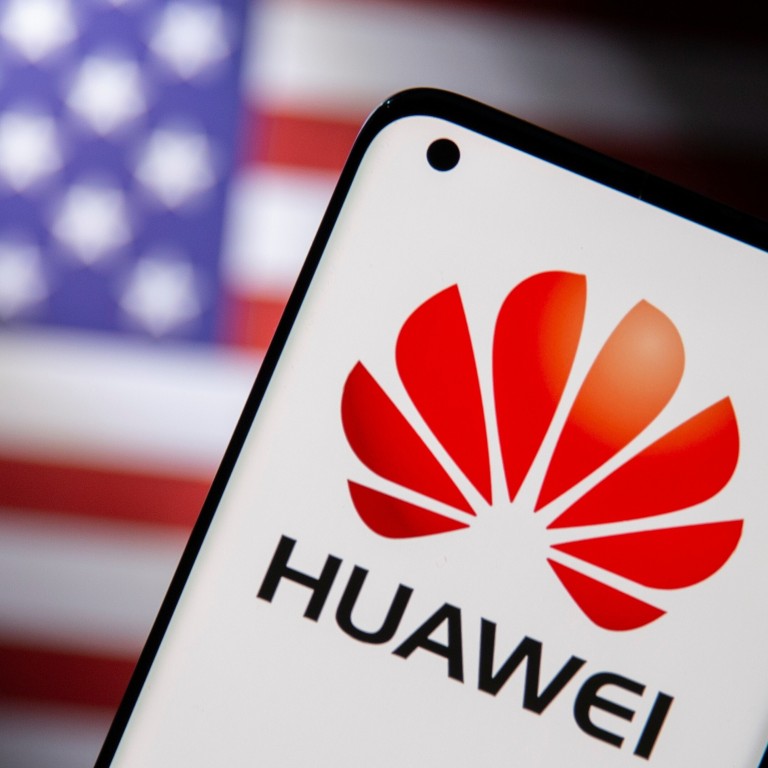
Joe Biden signs law blocking Chinese telecoms firms like Huawei, ZTE from new equipment licences
- The new law prevents the FCC from granting or reviewing applications for licences from companies the agency determines are a security threat to the US
- The signing comes days before a virtual summit between the US president and Chinese leader Xi Jinping
The new law, called the Secure Equipment Act, prevents the US Federal Communications Commission (FCC) from granting or reviewing applications for licences from companies that the agency determines are a security threat to the US.
Brendan Carr, the FCC’s senior Republican commissioner, said last month that the bill would “close a glaring loophole that Huawei and others are exploiting today to place their insecure gear into our networks”.

The list was mandated by Congress under a 2019 law, but it did not stop the FCC from continuing to grant licences to the companies on the list.
The new bipartisan legislation signed on Thursday had passed the House last month by a vote of 420-4, and then passed the Senate unanimously, a sign of the massive distrust across the entire political spectrum in Congress towards both the Chinese government and China’s biggest tech companies.
Huawei and ZTE did not immediately respond to requests for comment about the new law.
Battered by US, Huawei founder Ren Zhengfei tells employees to keep fighting
Yet Washington and Beijing continue to spar on nearly every issue, from trade to technology to human rights.
The US has already targeted Huawei and ZTE in recent months. Both companies are on the Commerce Department’s “entity list”, which blocks US firms from selling them equipment.
And the FCC this year opened up a US$1.9 billion “rip and replace” programme, to help pay for US telecoms companies to switch out Huawei and ZTE equipment that they may be using.

02:16
‘Our China policy has not changed,’ says White House after release of Huawei CFO Meng
The Secure Equipment Act was led in the Senate by Marco Rubio, a Florida Republican, and Ed Markey, a Massachusetts Democrat; and in the House by Steve Scalise, a Louisiana Republican, and Anna Eshoo, a California Democrat.
Scalise said last week that Huawei and ZTE “are probably the two most prominent companies that still have a lot of equipment out there where Americans’ data runs across those networks”.
“They would no longer be able to be licensed by the FCC, again, because they’re listed as national security threats,” he said.
According to FCC Commissioner Carr, the agency had approved more than 3,000 applications from Huawei since 2018, “ranging from network gear to tracking devices”.

